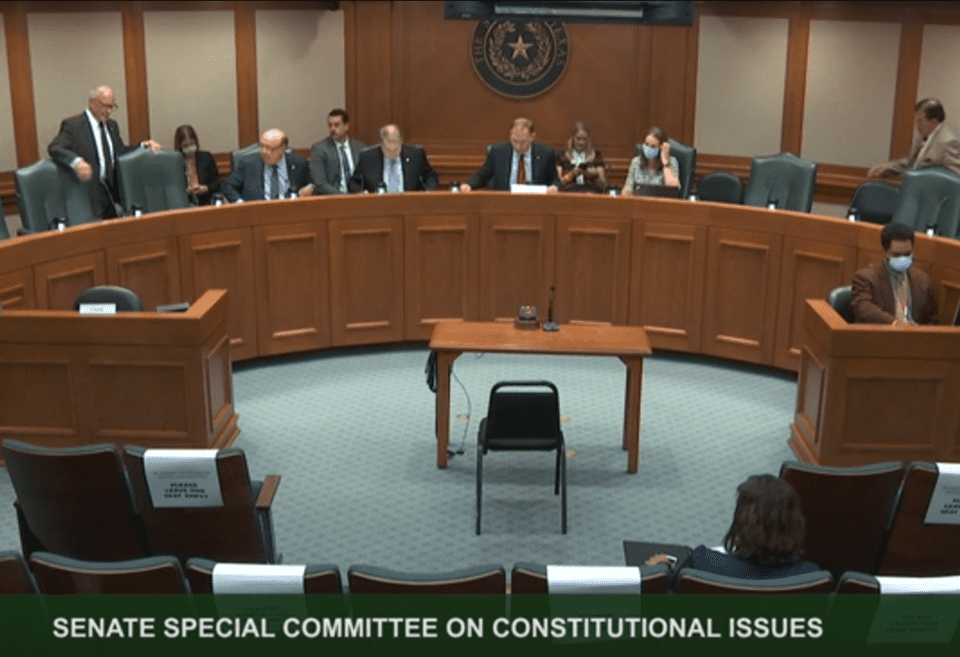Recently, a majority of House Democrat lawmakers busted quorum in the waning days of the regular 87th Legislative Session—after being enabled to do so by Republican leadership. This ultimately ended the legislative prospects of several bills, including two of Abbott’s emergency legislative items. In many respects, this event prompted the first called special legislative session, which began in early July. Five days into that first special session, a majority of Democrat lawmakers again busted quorum and paralyzed the House for the remainder of that special session.
When the second called special legislative session began on Saturday, the House once again attempted to convene without the attendance necessary to conduct legislative business. In contrast, the Senate, with all members present, immediately referred bills to their respective committees and simultaneously suspended rules to allow them to consider those bills in committees over the weekend.
Over the weekend, Senate committees considered 12 bills related to Abbott’s agenda, voting many of them out for impending consideration by the overall Senate.
On Monday, the Senate Special Committee on Constitutional Issues very quickly considered and unanimously voted out a proposed constitutional amendment that, if adopted by Texas voters, would change the legislative quorum requirements from two-thirds to a simple majority.
This was a new addition to the special session agenda submitted by Texas Gov. Greg Abbott in the wake of recent events precluding the consideration of his priority items.
Texas is one of only four states that requires a supermajority of legislators present to conduct legislative business. The author of the proposed constitutional amendment, State Sen. Brian Birdwell (R–Granbury), argues that adopting a new quorum standard will prevent a minority of lawmakers from welding disproportionate power so as to render the Texas Legislature incapable of responding to the will of the majority of Texans.
In mid-July, during the first called special session, Lt. Gov. Dan Patrick submitted a letter to Abbott to add changing the quorum requirement to the call of the ongoing special session.
“Texans expect their legislature to work and not be held hostage by a few legislators who are exploiting the quorum requirement. The majority of other state legislatures require a simple majority plus one.” Patrick said. “The Texas Legislature should be able to move forward and serve the people of Texas when a majority of its members are present.”
It is expected that the proposed constitutional amendment will be considered by the overall Senate soon. Ironically, for the proposed constitutional amendments to pass, the support of two-thirds of the lawmakers present is required; as of this publication, the House remains under that vote threshold. However, it is unclear whether the lawmakers present would support such a change even if the House returns with a quorum.





